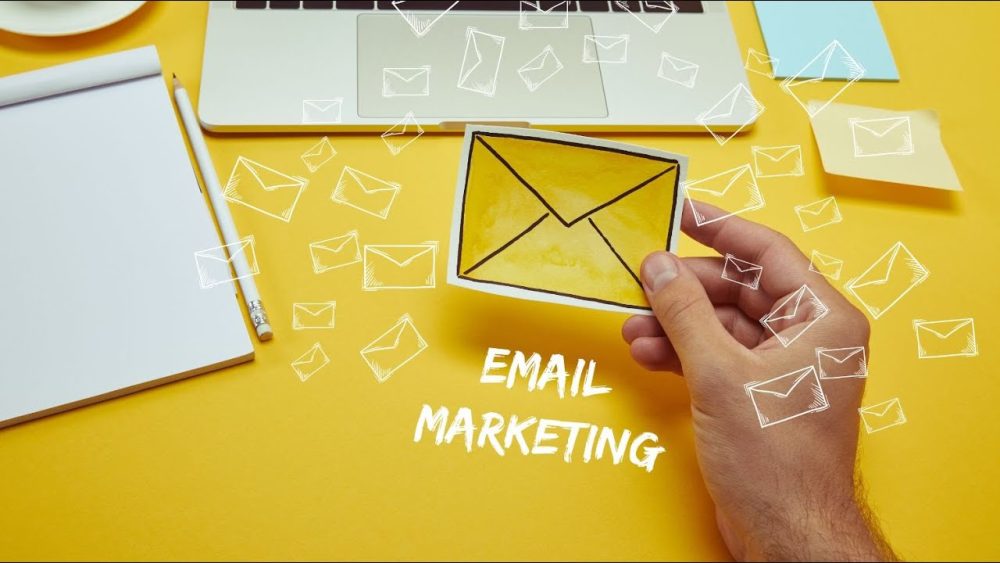Quick start with the right choice is the key to productive activity in 2025. How to choose a laptop for work so that the device does not turn into a sluggish suitcase without a handle? The right approach will help avoid unnecessary expenses and select a device with an optimal balance of parameters, mobility, and performance. Accurate criteria, real characteristics, and live examples will assist in this.
How to choose a laptop for work: key parameters
Precise understanding is formed through evaluating a set of characteristics capable of working quickly and steadily in familiar work processes. The device should correspond to a specific professional workload, support necessary functions, and ensure high performance.

Volume that accelerates
RAM determines how quickly the device handles multitasking. Laptops for work in 2025 consistently use 16 GB of RAM — an optimal indicator for everyday tasks with office programs, a browser, multitasking, and light graphic software. For complex work tasks, such as large tables or graphic editing, 32 GB will be required. The frequency of RAM affects data processing speed, with a minimum requirement of 3200 MHz.
Comfort and detail
The screen plays a key role in both eye protection and precise interaction with visual content. One of the main parameters is resolution: Full HD format (1920×1080) provides clear and detailed images. More advanced models use displays with increased resolution, which is especially important when working with graphic elements, tables, and text blocks. IPS matrices ensure natural color reproduction and wide viewing angles without distortion. The ideal size for a balance between convenience and portability is from 14 to 16 inches.
A workday without a power outlet
The battery determines the device’s mobility. In 2025, the optimal indicator is considered to be 8–12 hours of autonomy. Modern laptops use batteries of 56–70 Wh, allowing active work throughout the day without being tied to a power outlet. Gadgets with low processor power consumption and energy-efficient displays provide longer autonomy without compromising performance.
The heart of the device
The processor sets the pace for task execution. The Intel Core i5 and AMD Ryzen 5 lineup provides high performance for office tasks. Intel Core i7 and Ryzen 7 models handle photo processing, video editing, and complex tables. A processor frequency of 2.4 to 4.5 GHz enables quick calculations and data processing without delays.
SSD vs. hard drive
An SSD ensures read and write speeds from 500 to 3500 MB/s. The hard disk drive (HDD) is becoming outdated due to its low response speed and high likelihood of damage. The minimum SSD capacity for work tasks is 512 GB. For storing large data sets, such as graphics or videos, models with 1 TB SSD or a combined SSD + HDD system are suitable.
Working on the go
Lightweight models weighing up to 1.5 kg easily fit into a backpack or bag without adding extra burden. A thin body is not just a trend but a real indicator of mobility. Compact devices provide freedom of movement without compromising performance.
Additional features
Built-in Full HD webcams, quality microphones, and a convenient backlit keyboard enhance comfort during remote work. Support for modern USB-C ports, headphone jacks, and card readers increases device functionality. An important element is Wi-Fi 6 for stable internet connection.
Laptop characteristics for work: important considerations
A comprehensive approach to selection includes not only basic parameters but also details that affect durability and convenience.
Parameters:
- Case material: aluminum enhances strength and resistance to wear.
- Cooling system: efficient heat dissipation ensures stable operation under high loads.
- Keyboard: comfortable key travel and a stable structure increase typing speed.
- Sound: quality speakers provide clear sound in video conferences.
Without considering these factors, it is impossible to choose the optimal device for everyday activities.
How to choose a laptop for work: additional nuances
When choosing a device, it is important to assess not only the main parameters but also details that are often overlooked. Performance depends on the combination of all characteristics, including less obvious components.
Ports and connections
The presence of necessary ports enhances convenience. USB-C with charging and data transfer support provides high speed and compatibility with peripherals. HDMI allows connecting an external monitor without adapters.
Cooling system
Powerful processors and high-performance systems require quality cooling. Modern devices use dual fans and heat pipes that protect the device from overheating and speed reduction during prolonged use.
Keyboard and trackpad convenience
Work gadgets are equipped with keys with a travel of 1.4–1.5 mm, ensuring comfort when typing. Accurate and responsive trackpads with multitouch support accelerate navigation.
Data protection
An integrated fingerprint scanner, webcam cover, hardware encryption support, and TPM module enhance personal information and corporate data security.
Screen coating
Matte screens minimize glare in bright lighting, providing comfort outside the office. Anti-glare coating improves readability in daylight.
Optimal laptop characteristics for work: checklist
How to choose a device that confidently handles all work tasks and does not fail during the process? A reliable guide is clearly formulated technical requirements:
- Processor: not lower than Intel Core i5 or AMD Ryzen 5.
- RAM: minimum 16 GB for confident multitasking.
- Data storage: solid-state drive (SSD) with a capacity of at least 512 GB.
- Screen: diagonal from 14 to 16 inches, IPS matrix, Full HD resolution or higher.
- Device weight: up to 1.5 kg for convenience during transportation.
- Autonomy: at least 8 hours without recharging.
- Ports: presence of USB-C, HDMI, and card reader.
- Wireless connectivity: support for Wi-Fi 6 for stable connection.
Such a set of characteristics ensures mobility and comfort in the daily digital environment, regardless of location and work format.
How to choose a laptop for remote work
A task that requires additional conditions. Priorities include autonomy, stable internet connection, and a quality camera.
Models for remote work operate almost silently thanks to an efficient cooling system and silent fans. The device weight should not exceed 1.4 kg to maintain mobility. A comfortable backlit keyboard allows working in any lighting conditions.
High autonomy (from 10 hours) enables long video conferences without the need for a power connection. A screen with quality color reproduction facilitates visual data processing.
For stable communication, support for Wi-Fi 6 or Wi-Fi 6E is necessary, and a built-in Full HD camera enhances video communication quality.
Which laptop to choose for work: examples based on tasks
How to choose a laptop for work based on the specifics of the activity? It is important to consider the direction and volume of daily workload.
Key criteria:

- Office tasks and internet: Lenovo IdeaPad Slim 3. Suitable for texts, tables, and emails.
- Graphic work: ASUS Vivobook Pro 16X.
- Work tasks on the go: HP Pavilion Aero 13, lightweight and compact for trips.
- Online activities: Apple MacBook Air M3 with a quality webcam.
- Multitasking and heavy files: Dell Inspiron 16 Plus.
Each model takes into account the specifics of professional occupation, optimally combining parameters and cost.
Conclusion
How to choose a laptop for work is a key question that determines the speed, comfort, and efficiency of daily tasks. Accurate selection of characteristics, competent evaluation of functions, and consideration of specific needs allow finding a device that will be a reliable tool in any professional field.



